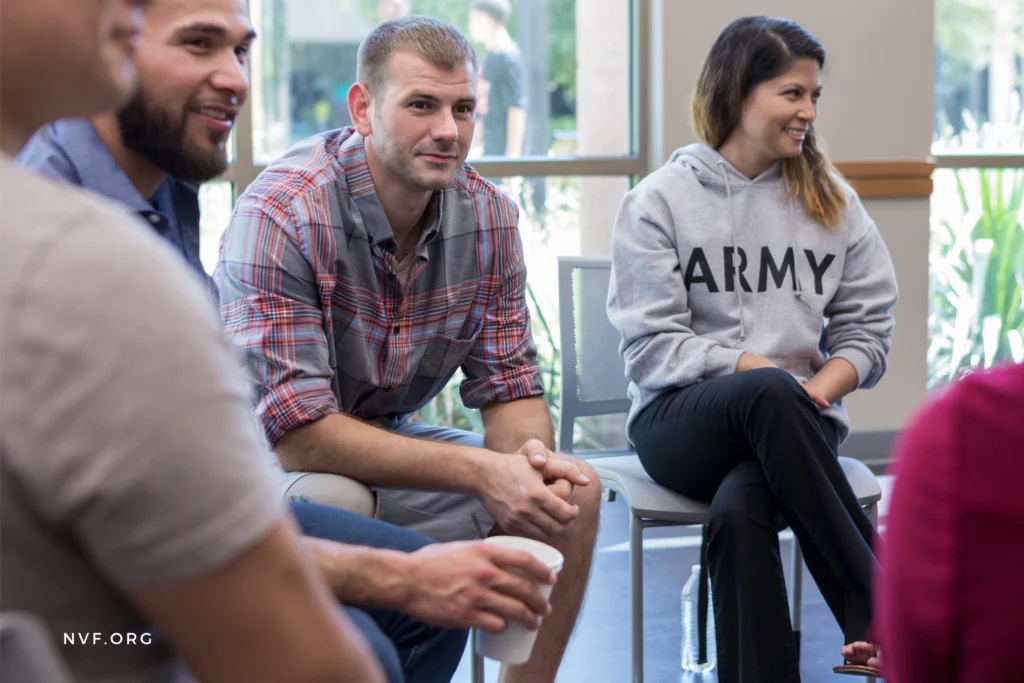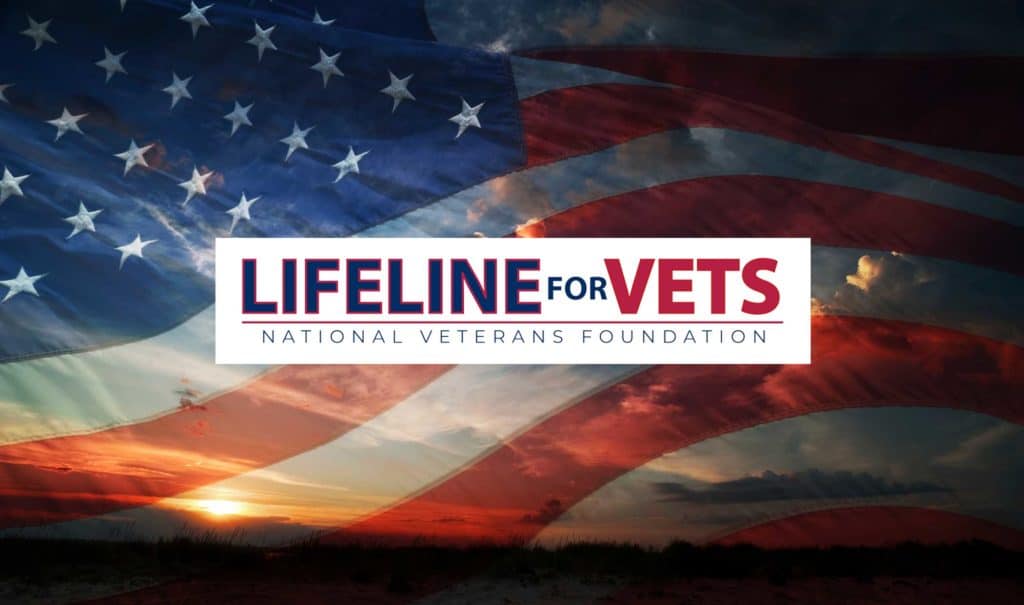Counseling and Mental Health Care before Deployment Could Ease Vets’ Return
Vietnam veterans showed us the breadth, depth and long-term ramifications of non-physical injuries—Post Traumatic Stress. The wars in Iraq and Afghanistan have brought greater awareness to the issues returning veterans face in healing both physical and emotional injury while transitioning out of the military back into society.
While the recent focus on the VA has highlighted the need for counseling and other forms of mental health care during and after transition out of the military, we still face two main obstacles: the perceived stigma of requesting mental health care, and the VA being unable to muster enough resources so that care can be delivered without long wait times. None of this is news.
In spite of what we learned from our Vietnam veterans, we weren’t ready to receive returning vets from the Persian Gulf War, or Bosnia, and things haven’t improved through the wars in Iraq and Afghanistan. It looks to me like there’s a pattern of “closing the barn doors after the horses have bolted.”
Karl Marlantes, in his book What It’s Like to Go to War, suggests that if counseling were required there’d be no stigma. Veterans eager to return to civilian life wouldn’t be able to cut short the transition process. Historically, it’s the young whom we send to fight our wars. It’s perfectly understandable why they want to get back as quickly as possible to the lives they left. Requiring counseling would offer them more tools to navigate the transition back to society.
Here’s a novel idea: let’s prepare our young men and women for what they’ll experience in war before they ship out. It’s clear that war exacts much more than a physical toll, yet we seem to train for combat in war without considering the other levels of mental, emotional and moral injury. Isn’t that like saying we’ll treat combat injuries, but to only one side of the body?
Don’t we have a moral obligation to be truthful about the effects of war beyond the purely physical? Marlantes writes that preparing our military for the moral and mental consequences of war would make their homecoming much easier. “War…blows away the illusion of safety from death…warriors have to be able to bring meaning to this chaotic experience, i.e., an understanding of their situation at a deeper level than proficiency in killing. It can help get them through combat with their sanity relatively intact. It can help keep them from doing more harm than they need to do. It is also a critical component in their ability to adjust when they return home.”
He also suggests that returning veterans receive counseling as a group, ideally in the units with whom they served. That would help fill another emptiness these vets experience, that of missing their friends and units when they leave the military. There are some National Guard units who’ve used this model with great success.
At the National Veterans Foundation, many of the crisis calls we handle begin with issues of isolation and loneliness. Untreated, this can lead to substance abuse, relationship problems and violent behavior. It just makes sense to step in and deal with this before a problem arises.
Transitional counseling as a group would give each vet a sort of posse to ride with. This principle is at the core of the Vet Center Program (which I co-wrote and developed leading to its passage in 1979). Today over 300 Vet Centers across the nation provide a place where veterans can come together to share their stories in a kind of peer counseling. Incidentally, that’s how we work at the NVF: vet-to-vet. All of the counselors on our hotline are vets.
I think Marlantes’ idea of preparing veterans before combat bears looking into. It certainly provides a new way of addressing a long-term problem, and best, it’s pre-emptive. A word like that ought to get the attention of the VA and the Pentagon.
If you know a veteran who needs help, please pass along our number: 888.777.4443.
You can be a part of our mission to help Veterans by making a tax-deductible donation!
About the Author
SUBSCRIBE TO OUR BLOG AND NEWS!
By submitting this form, you are granting: NATIONAL VETERANS FOUNDATION INC permission to email you. You may unsubscribe via the link found at the bottom of every email. (See our Email Privacy Policy for details.)
Related Posts





